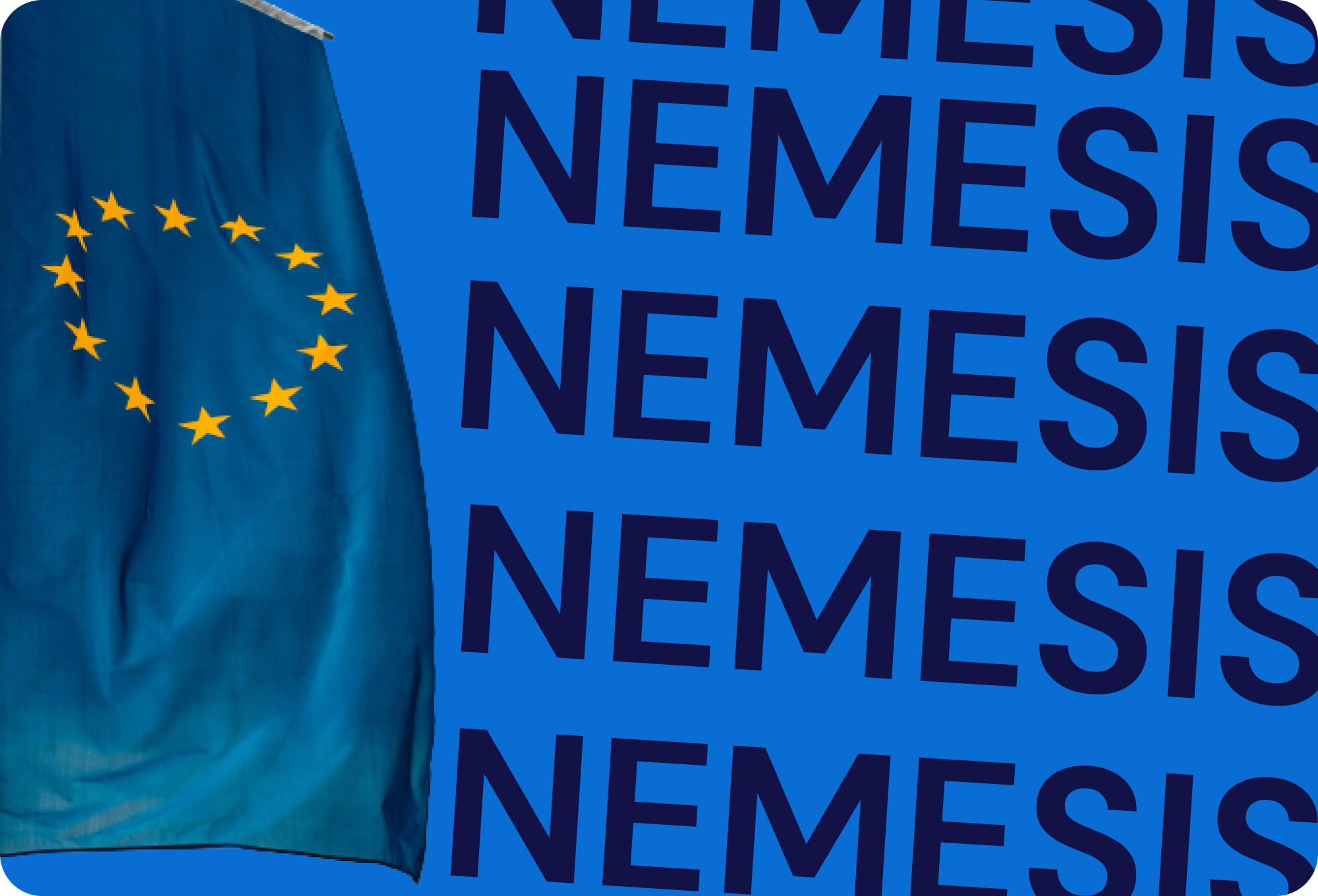

An ideal venue was found for this occasion: the premises of the Association La 27ème Région, a laboratory for the transformation of public and territorial policies, whose mission is to innovate in the public sector, by exploring new ways to improve the design and implementation of public policies.
About sixty people responded to the invitation, with a wide range of profiles: computer scientists, consultants, company managers, people working in ministries or departments, but also students, all of whom had come to see the state of progress of the Blockchain and what it could bring them.
In the various exchanges with the audience, participants stressed that they did not expect Blockchain to be so advanced and that practical applications were already possible.
During this conference, moderated by Thomas Saint-Aubin(Seraphin.legal) and Stéphane Vincent (La 27ème région), four speakers each brought their stone to this building:
- The first speaker, Claire BALVA (CEO of Blockchain Partner), recalled the basics of Blockchain, to set the scene, in front of a diverse audience and a complex subject.
- His speech was followed by that of Simon MARSOL (Public Sector Director, Sopra Steria). Drawing on its 5 years of experience in the Blockchain community, Sopra Steria proposes an "industrial approach to blockchain"; it wishes to develop solutions for the transformation of local authorities by proposing, in particular, to "put the user at the heart of the system".
- Nina FABRIZI-RACINE, with her academic work on the issue, shared her position and research on the relationship between Blockchain and the State, which at first sight might seem antinomic.
- Finally, Christophe LEMEE (President of Deep Block), spoke about the "augmented Blockchain".
The evening ended with numerous exchanges between the public and the speakers, but also between the participants themselves, each one sharing their experience or their projects in this still new field.
The enthusiasm of both participants and speakers showed that this topical subject is of interest to a wide range of people and has a bright future ahead of it.
Blockchain can create links between different communities but also allow the citizen to intervene directly in the public sphere.
A central issue remains: that of trust.
The potential of blockchain is still in its infancy.
The debates will continue, in particular during the "2nd Village of Legal Tech" which will be held in PARIS on December 6th and 7th.
- La Gazette des Communes: "Experimenting with blockchain in local authorities: what possibilities?
- Patrimoine-immateriel.fr: "The State on the move: how to go from 5 years to 5 months to implement a reform?


